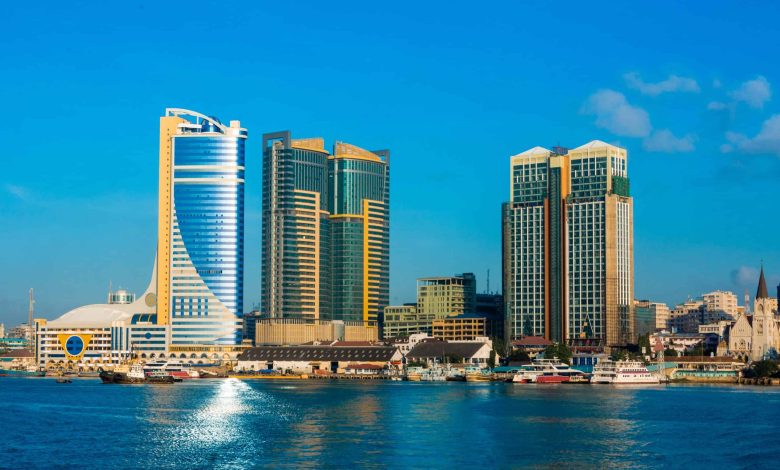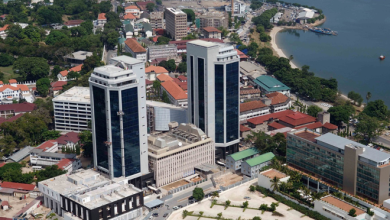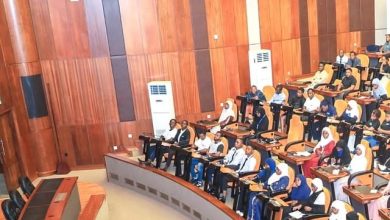Tanzania gets clean bill of economic health from IMF

WASHINGTON DC: TANZANIA has received a clean bill of economic health from the International Monetary Fund (IMF), following a week-long staff visit, citing robust growth and prudent monetary management.
The institution reported in a statement yesterday, that the country’s economy is on solid footing, growing 5.4 per cent in the first quarter of 2025. The expansion was driven by strong performance in the mining sector, alongside healthy activity in agriculture, manufacturing, construction and a recovery in tourism and services.
“Economic activity remains robust, driven by strong mining sector growth and healthy activity in agriculture, manufacturing and construction, while inflation has remained low,” said IMF mission leader Mr Nicolas Blancher.
Inflation remained controlled at 3.4 per cent, within the Bank of Tanzania’s (BoT) 3–5 per cent target range, allowing the central bank to cut its rate to 5.75 per cent from 6 per cent to support economic activity while preserving price stability.
The IMF noted that structural reforms are progressing but emphasised the need to accelerate them to navigate global challenges, enhance climate resilience and boost long-term growth potential.
“Despite a positive outlook, risks are tilted to the downside, including a slowdown in the global economy and trade, geoeconomic fragmentation and reduced foreign development assistance,” the statement said.
Domestically, the IMF warned that upcoming national elections could increase fiscal pressures and slow reforms, while insufficient and erratic rainfall may affect growth and inflation.
Fiscal consolidation was paused in 2024/25 to accommodate higher spending on education and health, clear domestic arrears and cushion the impact of reduced foreign aid. The IMF said that in 2025/26, strict implementation of the approved budget will be essential to create fiscal space for social spending while preserving debt sustainability.
The current account deficit narrowed to 2.5 per cent of GDP in 2024/25, supported by strong exports of minerals, agricultural products and tourism, while oil imports declined. High gold prices and robust tourist arrivals are expected to sustain export momentum in 2025. Gross international reserves stood at 6.2 billion US dollars, equivalent to about four months of imports.
Economist and investment banker Dr Hildebrand Shayo told the “Daily News” that the upcoming elections could heighten demands for fiscal easing, while climate variability and erratic rainfall pose risks to agricultural output and inflation.
“The upcoming General Elections will likely intensify demands for fiscal easing or delay reforms. Climate variability and erratic rainfall could also affect agricultural output and contribute to inflationary pressures,” Dr Shayo said.
The IMF also highlighted the Medium-Term Revenue Strategy, which will enhance revenue mobilisation and create fiscal space for investment in human capital. Improvements in the foreign exchange market including greater tolerance for exchange rate flexibility have increased formal market liquidity and reduced parallel market premiums.
“Continuing to enhance exchange rate flexibility will be critical for the development of the interbank FX market,” the IMF said.





